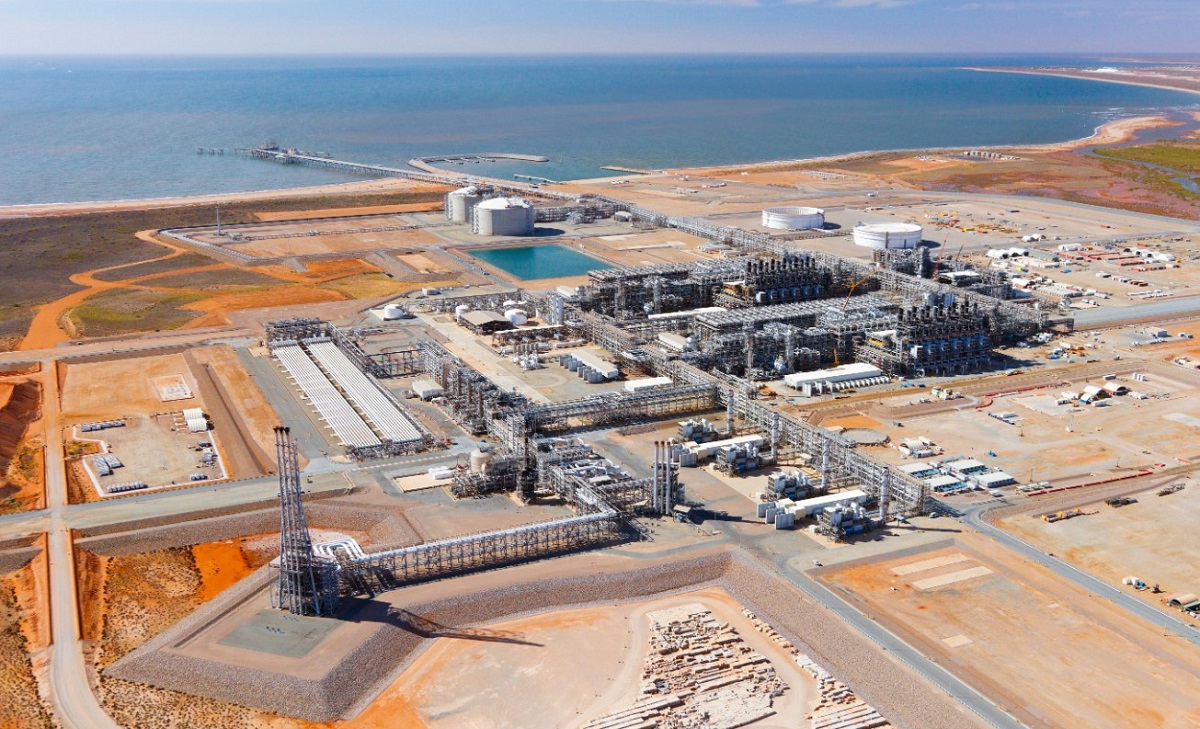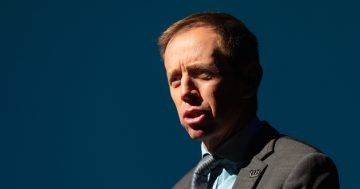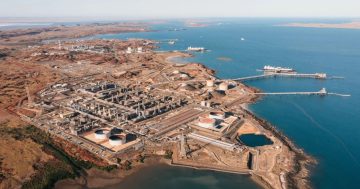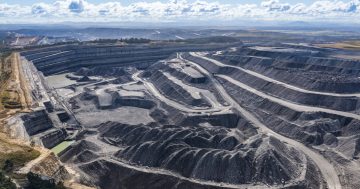
The Australia Institute says this past year of government subsidies equates to $27,581 for every minute of every day, or $540 for every person in Australia. Photo: Chevron.
According to new research from the Australia Institute, between 2023 and 2024 the nation’s state and federal governments provided $14.5 billion in subsidies to fossil fuel producers and major consumers.
The think tank claims this is a 31 per cent increase on spending from the previous year ($11.1 billion), driven mostly by large rises in diesel and aviation fuel tax breaks.
Its analysis also found that over the forward estimates, the Federal Government has budgeted $54 billion for fossil fuel subsidies, which is five times the amount it committed to its $10 billion key housing policy – the Housing Australia Future Fund.
Australia Institute research director Rod Campbell said the magnitude of these fossil-fuel subsidies overshadowed government claims about climate action.
“Our state and federal governments are failing to implement even the most basic climate policy – cutting fossil fuel subsidies,” said Mr Campbell. “Eliminating these subsidies would significantly increase government revenue to address climate issues while also reducing emissions.
“If governments collected this forgone revenue, it could instead look to address housing affordability and other cost-of-living pressures.”
Budgets will soon be passed for the 2024-25 financial year, alongside elections being held for the ACT, Northern Territory, Queensland and Commonwealth in the next 18 months. Mr Campbell said this was a golden opportunity for policymakers to realise the benefits of phasing out fossil fuel subsidies.
The Organisation for Economic Co-operation and Development (OECD) has recommended that Australia cut or reduce the largest subsidy – the Fuel Tax Credit Scheme.
“Existing fuel tax credits are expensive and limit incentives to reduce fuel use,” says the OECD working paper on Australia achieving the net-zero transition.
“On-road heavy vehicles are currently eligible for a reduced fuel tax in Australia, and businesses pay no fuel tax on fuels used for off-road vehicles, such as trucks in mining sites or for heavy machinery, industrial heating and cooling.
“These fuel tax credits and exemptions currently cost the government AUD 8 billion per year in lost fuel tax revenues.”
Other notable findings in the Australia Institute analysis include $1.6 billion in aviation fuel concessions, which is up 36 per cent on 2022-23; and $113 million on upgrading coal railways to help “coal producers to … capitalise on global demand high prices for thermal coal”.
The new research comes after the Federal Government announced a controversial plan to expand natural-gas production in Australia for international and domestic markets.
It says the Future Gas Strategy will play a key role in Australia achieving a transition to net-zero by 2050 by meeting energy demands during the transition period, and that a more reliable supply will support a shift towards higher-value and non-substitutable gas uses while ensuring domestic households have an affordable supply of gas and choice of energy needs.
The government’s rationale for expanding the gas market is that gas is cleaner than alternative fossil fuels such as coal-fired energy. However, the policy has been roundly criticised by the crossbench and environmental groups.
In a series of X posts on Thursday, ACT Independent Senator David Pocock said climate scientists and global energy experts warned opening new gas projects was disastrous for the climate.
“In the Future Gas Strategy released today the [government] ignores this advice and proposes further expansion,” he said. “Backing the expansion of the fossil fuel industry in 2024 is morally bankrupt, negligent and just plain stupid given we export 75 per cent of our gas.
“We could legislate a domestic reservation policy and have enough gas for our transition, rather than locking in emissions for decades.
“This shows a tragic lack of imagination and ambition – speeding up electrification of households and businesses should be the response to warnings of potential shortfalls.”











